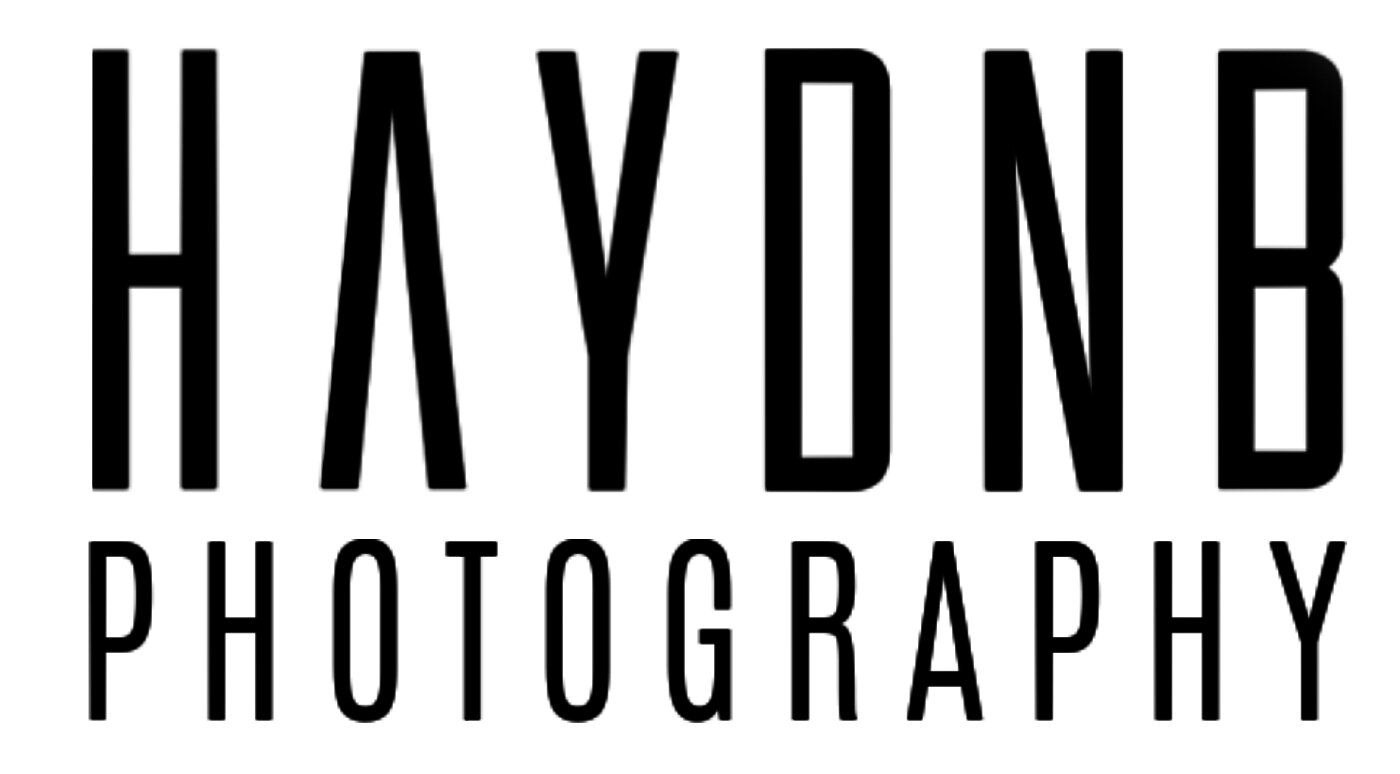Stop Saying “Same-Sex Wedding”! 5 Ways That Language Can Make or Break An LGBTQ+ Wedding Experience.
Your words matter.
The language wedding vendors use can make or break a person’s day. One phrase that keeps popping up and is slowly grinding my gears, “same-sex wedding”; Its everywhere and often paired with photo of an AI 6 fingered hand cutting a rainbow cake. Not only is this phrase outdated, it can be actively harmful.
Watching other vendors try to be inclusive on Facebook groups or Instagram can be frustrating; don’t get me wrong, I don’t think there’s bad intentions with most people but there is a lack of education and empathy. Genuine or performative; this needs to be addressed so the wedding industry can be more inclusive.
I may be fairly new to the wedding industry, but I am not new to working with queer communities. I have spent almost 10 years collaborating with LGBTQ+ people, Pride organisations, and queer-led charities.
I love seeing vendors want to do better, but good intentions are not enough. Being a true ally does not just mean accepting LGBTQ+ people, it means educating yourself, understanding the communities you work with, actively embracing them, and taking steps to make sure they feel safe, seen, and celebrated.
Why Using “Same-Sex” Is Harmful
Using “same-sex” might feel harmless, but it reinforces harmful narratives:
It centres heterosexuality as the default.
Queer love is not a variation, it is valid on its own terms.
It promotes the idea that gender is what is between your legs.
This can be deeply harmful to trans people, non-binary people, and anyone whose gender identity does not fit a rigid binary.
It adds to the list of struggles that trans and non-binary people already face.
Their wedding day should be joyful and affirming, not a place where the language itself triggers fear or discomfort.
It erases complex relationships.
Polyamorous, fluid, or chosen-family arrangements do not fit into “same-sex” boxes.
It reduces people to a label.
Love is about connection, commitment, and chosen family, not genitals.
Better alternatives: “queer wedding,” “LGBTQ+ ceremony,” or simply refer to people by the names and pronouns they provide.
A Personal Story
I remember photographing a wedding where the celebrant kept stumbling over the couple’s names. They laughed it off and said it was “different,” and I knew what they really meant was that the couple were both men. It was only a small part of the day that went unnoticed to most people but watching this unfold was frustrating and disheartening.
Queer people should not have to be the butt of a joke to make someone feel better about their discomfort of bad preparation. Queer weddings are not “different” in a way that excuses mistakes. Every wedding deserves the same care and attention to detail, no matter who is getting married.
Why “Same-Sex Friendly” Is Not Enough
Some vendors proudly call themselves “same-sex friendly,” and it comes across as more about profit than care. Being friendly to LGBTQ+ people is not something to advertise; it is the baseline expectation.
The difference between performative inclusivity and true allyship:
Performative: Accepts queer couples, posts rainbows, markets inclusivity.
True allyship: Understands queer relationships, chosen families, and identity nuances. Makes active adjustments to ensure clients feel safe, comfortable, and affirmed.
Pro tip: Be aware of green flags and red flags for inclusivity as a vendor. Highlighting queer relationships is great, but your whole business should reflect that commitment, not just your marketing. From contracts and inquiry forms to how you communicate on the wedding day, your inclusivity should be visible, consistent, and genuine.
As a wedding photographer, I am not just there to take photos, I am with couples all day, holding space, and making sure they feel safe, seen, and at ease. That is the care everyone deserves.
Five Ways Wedding Vendors Can Use Truly Inclusive Language
Stop using “same-sex friendly”.
Be friendly to everyone. Inclusivity is not a selling point; it is a baseline.Ask how people want to be referred to.
Names, pronouns, and relationship labels matter. Asking is respect, not intrusion.Use gender-neutral language for the wedding party.
Swap “bride and groom” for “couple” or “to be weds”. Swap “groomsmen” and “bridesmaids” to “wedding party” or names. Avoid assumptions.Educate yourself before marketing inclusivity.
Learn queer history, LGBTQ+ terminology, and how to behave in queer spaces. True allyship is informed and proactive.Adapt to meet individual needs.
Accessibility, neurodivergence, polyamory, and chosen family structures require thoughtful adjustments. Make your clients feel safe and celebrated.
Inclusive Language Is About Safety, Not Marketing
Words are powerful. They can create freedom, or they can trigger fear. For LGBTQ+ couples, the difference can define the entire day.
Leading with inclusive language, and backing it up with actions, is about protecting joy, not checking boxes. Every couple deserves to celebrate without masking who they are.
A note on SEO and social reach: Using “same-sex” might get more clicks or search traffic, but it is not worth compromising your clients’ dignity or reinforcing harmful narratives. Correct, inclusive language matters more than keyword reach. Your integrity and the safety of the couples you work with are far more valuable than any algorithm.
Final Thoughts
LGBTQ+ weddings are not different because of who is marrying, they are unique because of the people getting married. Stop saying “same-sex wedding”. Start saying wedding, and make sure everyone feels welcome.
As a queer wedding photographer in Newcastle and across the UK, I am not just here to take pretty photos. I am here to create safety, encourage expression, and document every moment with care.
This blog won’t change the wedding industry overnight, but hopefully if you’re a vendor reading this; you have a better understanding of language and can make the changes so your business is truthfully inclusive.
Love is powerful. Let’s capture it that way.
Copyright © Haydn Brown 2025 all rights reserved



























